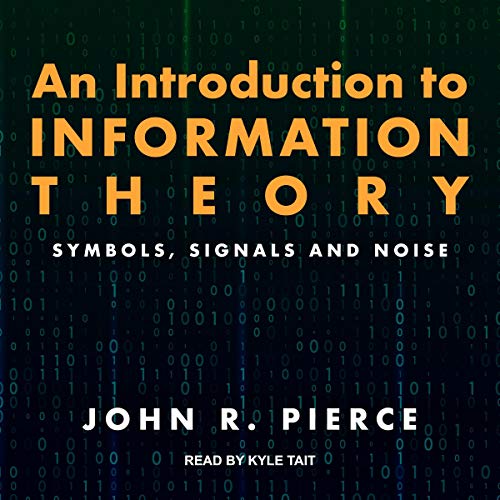This book introduces the principles of information theory that have revolutionized the understanding of communication systems.

"An Introduction to Information Theory" by John R. Pierce is an accessible and comprehensive guide to the principles and applications of information theory. The book explains the basic concepts of information theory in a clear and concise manner, covering topics such as entropy, information sources, coding theory, and communication systems. Pierce also delves into more advanced topics, such as channel capacity, error-correcting codes, and data compression. The book provides a historical perspective on the development of information theory and its implications for modern communication systems. It is a valuable resource for anyone interested in understanding the principles of information theory and their applications in today's digital age.
Title: An Introduction to Information Theory
Author: John R. Pierce
Publishing Year: 2019
Publisher: Dover Publications
Length in Hours: 10 hours and 12 minutes


